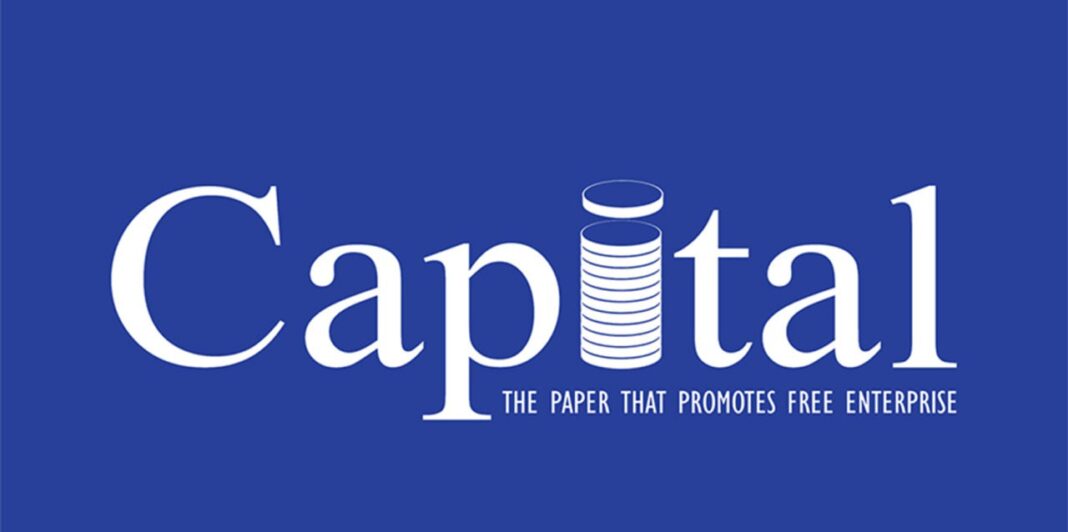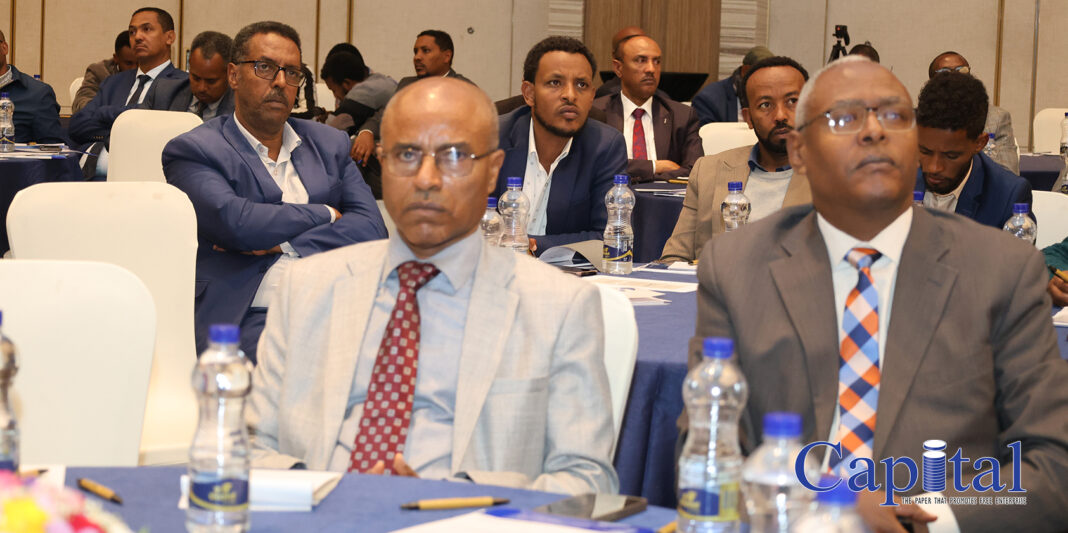Call to Action for Ethiopia’s Private Sector
Professor Jim Collins once asked, ‘If your company disappeared, would it leave a gaping hole that could not easily be filled by any other enterprise on the planet?’. This should encourage Ethiopia’s private sector to embrace strategic CSR , Shared Value Creation (SVC), CSR maturity ladder stage and formalization of disparate philanthropic initiatives into legal, fully fledged, independent corporate foundations as Strategic Social Impact Investment Vehicles (SSIIV) to experiment novel solutions or scale known solutions from anywhere in the world to solve Ethiopia’s most pressing challenges. Ethiopia’s private sector needs to deliberately invest in adopting UN SDGs, Africa’s Agenda 2063 and 10-Year Development Plan of Ethiopia explicitly in their strategic plans
Corporate Social Responsibility (CSR) as been defined as, ‘a business approach that contributes to sustainable development by delivering economic, social and environmental benefits for all stakeholders’. This means adoption of a Triple Bottom Line (TBL) long term corporate sustainability business model focusing on 3Ps value creation (People (Social), Planet (Environment) and Profits (Financial; Economic), profits plus ESG (Environment, Social, Governance).It will require firms to define their social purpose or raison d’être (the overarching and most important reason or purpose why the firm exist) in their corporate philosophies beyond vision, mission and core values. Purpose and profits are not mutually exclusive. Purpose is profitable.
The father of monetary policy, Professor Milton Friedman posited in his Friedman doctrine on shareholder wealth maximization theory article ‘The Social Responsibility of Business Is to Increase Its Profits’ on New York Times in 1970 that businesses should leave social welfare maximization to governments. This has since been overtaken by stakeholders’ wealth maximization theory where companies seek to grow value to their customers, staff, suppliers, investors, creditors, governments, communities, regulators, board of directors and the future. As trust on businesses diminishes, the demand for transparency in the form of assurance mechanisms increases, and they have to transition from ‘’ Trust Me ‘’ to ”Tell Me” and finally to “Show Me” world. Trust via corporate governance which maximize stakeholder value creation is the currency of business.
The benefits of CSR to Ethiopian businesses are myriad. Higher customer retention and loyalty driving superior revenue growth and corporate performance. Cost savings from adoption of circular economy sustainable production and consumption practices which reduce use of resources, waste and greenhouse gas emissions. Becoming best employer of choice able to win the global war on attracting and retaining world class talent. Embedding CSR at the center of corporate strategy and Sustainable Competitive Advantage (SCA) as a generator of innovation, continuous learning, Kaizen quality improvement, research and development of new investment opportunities, products, processes, business models and alleviating by muting threats from society or environmental pain points.
Softening corporate brand by growing business reputation via positive word of mouth advocacy and publicity from by becoming a force of good while simultaneously doing well financially. Attracting patient capital from Socially Responsible Investors- SRIs. Getting community trust as Social License to Operate (SLO) and Moral License to Operate (MLO) are much more valuable than legal regulatory licenses. Enhance government and regulator influence as firms gain mileage to lobby for business friendly policies.
Shared Value Creation and Corporate Social Innovation.
Professor Michael Porter and Mark Kramer ‘Strategy and Society: The Link between Competitive Advantage and Corporate Social Responsibility’ posited that companies transition in four phases in the continuum from the philanthropic charity donations, CSR, Strategic CSR to the ultimate Shared Value Creation (SVC) and Corporate Social Innovation- CSI stage. This fourth Shared Value Creation sees the business solve systemic persistent social and environmental challenges to create business and social value by redefining their social purpose and pursing transformational change, system-level collaboration and social entrepreneurship embedded in daily operations.
Fast Capital defines Corporate Social Innovation as, ‘a process of developing novel solutions to social problems that are more effective, efficient, sustainable, or just than existing solutions and for which the value created accrues primarily to society as a whole rather than private individuals’. Corporate Social Innovation can be, ‘product, process, service, organizational, or business model innovation, and can involve different actors, such as corporations, social enterprises, nonprofits, or hybrid organizations’.
Ethiopian Corporate Foundations are Paramount to Achieving Global SDGs by 2030, Africa’s Agenda 2063 and Ethiopia’s Development Plan by 2030
The 1987 Brundtland Report dubbed Our Common Future defined sustainable development as, ‘development that meets the needs of the present without compromising the ability of future generations to meet their own needs’. The UN Millennium Declaration of September 2000 was transformed into eight MDGs (Millennium Development Goals). The 2030 Agenda for Sustainable Development in 2015 created the 17 UN Sustainable Development Goals (SDGs) which embody the global aspirations. SDGs range from no poverty, zero hunger, ensure healthy lives, quality education, gender equality, clean water, sanitation and hygiene, affordable and clean energy, GDP growth and job creation, innovation and infrastructure development, reduced inequalities, sustainable cities and communities, responsible consumption and production, climate action, life below water, life on land, rights and institutions and partnerships for goals.
Africa’s Agenda 2063 has seven aspirations. Inclusive growth and sustainable development. Integrated continent, politically united and based on the ideals of Pan-Africanism and the vision of Africa’s Renaissance. Good governance, democracy, respect for human rights, justice and rule of law. A peaceful and secure Africa. Strong cultural identity, common heritage, shared values and ethics. People-driven development, relying on potential of African people, women and youth, and caring for children. Strong, united, and influential global player and partner.
Ethiopia’s 10-Year Development Plan (2021-2030) proposes home grown solutions to economic, social, administrative, and institutional problems. Interventions range from diversified economic growth, poverty reduction from improved standard of living, financial sector development, infrastructure, urban development, access to government services, power, innovation, human capital development, sustainable financing, private sector development, regional integration, gender equity to inclusive institutional transformation.
Nicasio Karani Migwi is a specialist in banking and financial services, macroeconomics, strategic management, international business and Corporate Governance (Board Directorship). He currently works as a General Manager- Special Projects and Bank Economist – real economy & financial markets at Equity Group Holdings PLC. You can contact him via nikaminduku@gmail.com






